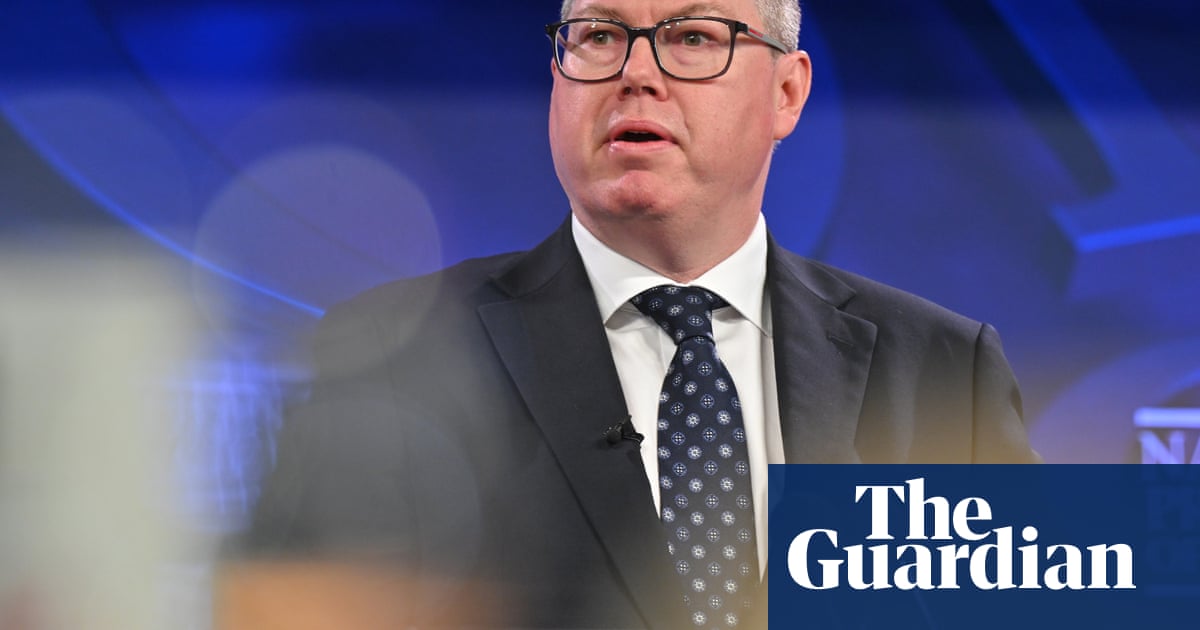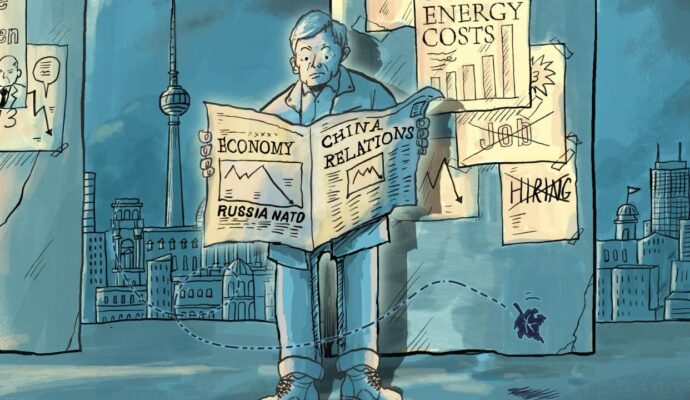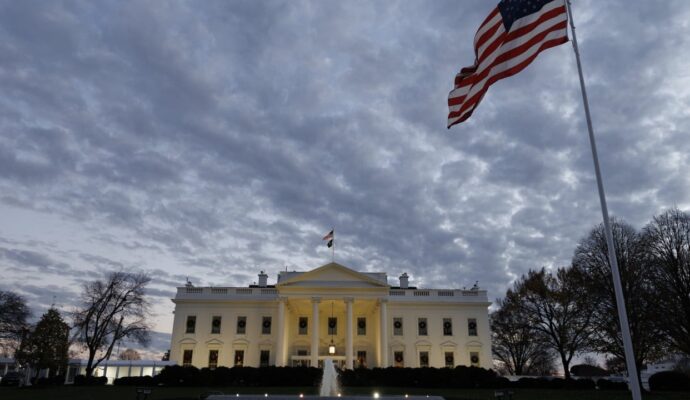
Australia will refuse any US request to join a “hypothetical” conflict with China over Taiwan and won’t make any advance commitment, the defence industry minister, Pat Conroy, has said, amid reports Washington is seeking such promises in discussions over the Aukus submarines.
Conroy called on China to be more transparent about its military buildup, but said any commitment to war would be the sole power of the Australian government of the day. It came after multiple reports this week that the Pentagon was seeking guarantees from Australia and other allies about how they would respond in the event of a conflict in the Indo-Pacific.
The Financial Times reported on Saturday that Elbridge Colby – the US under-secretary of defence for policy, who is also undertaking a review of the Aukus pact which would see America share nuclear-powered submarines with Australia – was asking Japan and Australia to reveal how they would act in a potential US-China war over Taiwan.
The Sydney Morning Herald separately quoted a senior US defence official, who reportedly said Washington was seeking “a clear sense of what we can expect from Australia”.
The Pentagon was contacted for comment. Colby shared a post on X on Sunday (AEST) which referenced the FT article. In his post, he wrote that the US policy position included “urging allies to step up their defense spending and other efforts related to our collective defense”.
“This has been a hallmark of President Trump’s strategy – in Asia as in Europe where it has already been tremendously successful.
“Of course, some among our allies might not welcome frank conversations. But many, now led by NATO after the historic Hague Summit, are seeing the urgent need to step up and are doing so.”
Conroy, a cabinet minister whose portfolio deals heavily with preparing to build the Aukus submarines, rebuked the idea Australia would commit in advance to any conflict.
“The sole power to commit Australia to war, or to allow our territory to be used for a conflict, is the elected government of the day. That is our position. Sovereignty will always be prioritised and that will continue to be our position,” Conroy told the ABC’s Insiders program.
Conroy said he would not comment on the nature of confidential discussions with the US over Aukus, but said the government would not “discuss hypotheticals” around what Australia could do in the event of a potential future military engagement.
“The decision to commit Australian troops to a conflict will be made by the government of the day, not in advance but by the government of the day,” he stressed.
after newsletter promotion
The prime minister, Anthony Albanese, arrived in China on Saturday night for a six-day visit, which includes meetings with president Xi Jinping and premier Li Qiang, with the government saying the trip was about advancing Australia’s security and economic interests. On Sky News on Sunday, the treasurer, Jim Chalmers, described the Australia-China relationship as “full of opportunity but not short of complexity either”.
It is unclear when the US may give any further public clarity on Colby’s review of Aukus, which was initially described as a 30-day process. The start date of the review is unclear, but it is now 30 days since it was publicly announced. On Insiders, Conroy also declined to respond to reports that Trump may seek further costs from Canberra to fulfil the Aukus submarine deal, which would see the US sell several older ships to Canberra before new assets are constructed onshore in Australia.
“Let’s see what the review finds. I’m confident it will support Aukus, just as our review of Aukus found, just as the UK review of Aukus found that. It’s in the national interest of all three countries. It will contribute to deterrence as well as grow 20,000 jobs in Australia. Let’s see what the US review comes forward with, then we’ll react accordingly,” he said.
Guardian Australia reported this week that Labor sources don’t expect the review to be completed for months, while a Pentagon spokesperson said last week there was no public timeline for the work. Conroy said he didn’t believe the report had been completed.
The foreign affairs minister, Penny Wong, met her Chinese counterpart Wang Yi at the Asean summit in Malaysia on Friday. Government sources said she raised a number of Australian concerns with Beijing, including the circumnavigation of Australia by a Chinese naval taskforce and live-fire exercises, as well as unsafe actions in the South China Sea. Wong also raised concerns about the detention of Dr Yang Hengjun, Australia’s opposition to the death penalty, and human rights in Xinjiang, Tibet and Hong Kong.

